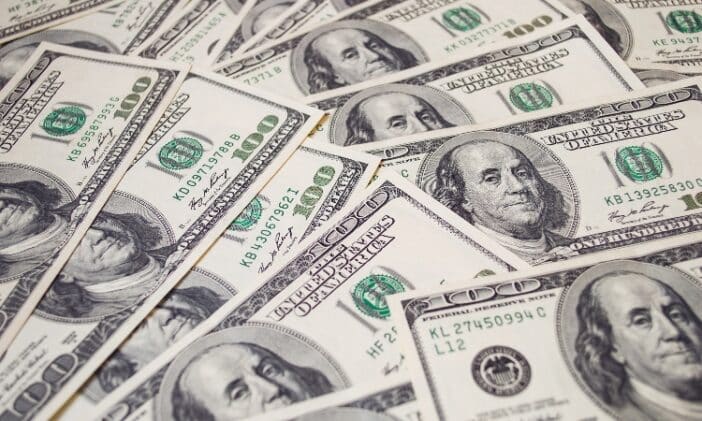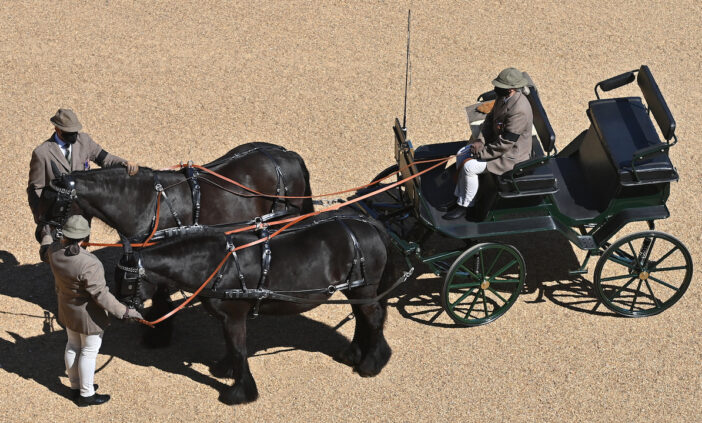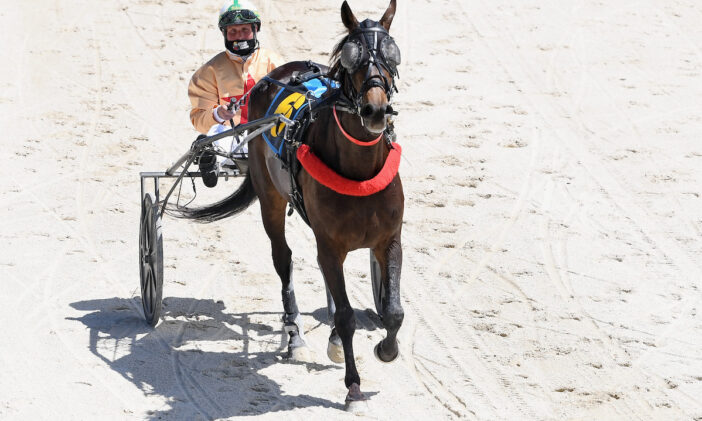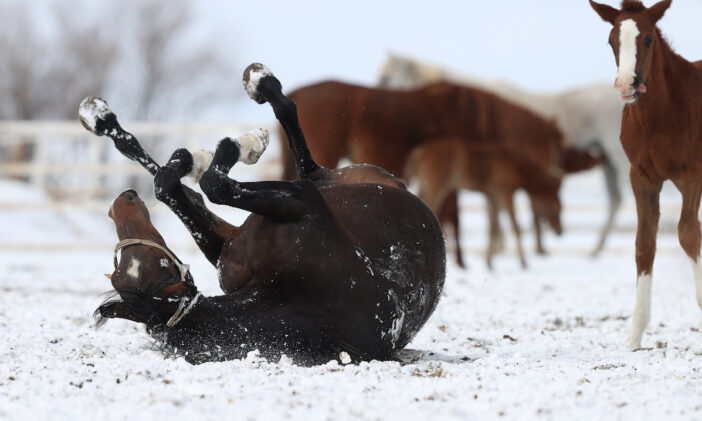The Michigan Gaming Control Board last week announced that roughly $4.9 million went to charities in 2022 as a result of licensed charity gambling events.
The events, called Millionaire Parties by the MGCB, rebounded after being negatively impacted by the COVID pandemic the two previous years. There were 1,394 such fundraisers in Michigan last year, with chip sales totaling roughly $67.9 million, which was just short of the $72.4 million in chip sales for 2019. The number of licensed events increased by 137% from 2021 to last year.
“Charitable organizations are encouraged to consider hosting Millionaire Parties for fundraising to support their charitable causes,” said Henry Williams, executive director of the MGCB, in a statement.
To qualify for a Millionaire Party license, an organization must be “a bona fide religious, educational, service, senior citizens, fraternal, or veterans’ organization operating without profit to its members,” according to the MGCB site. Such organizations also must have existed for at least five years or be exempt from taxation according to IRS guidelines.
Now powered by Internet Gaming Fund
The MGCB website offers guidance, including the video below, on how to apply for a Millionaire Party license. The Millionaire Party program was authorized by the state’s 1972 Bingo Act and describes any licensed event where wagers are placed on games typically associated with casinos. Poker is the most popular game at such events, the MGCB said.
Michigan Gov. Gretchen Whitmer signed a bill last December to amend the Bingo Act to switch the funding of the program from the State Lottery Fund to the Internet Gaming Fund.
Organizations may apply for up to four Millionaire Party licenses in one calendar year and a license gives the organization up to four consecutive days for its fundraiser. The license fee is $50 per day of gambling, which can be paid by check or via the MGCB portal. At least two members of the charity must be present at the event.
Chip sales are limited to $20,000 per day, but if the organization uses its own location, equipment, and dealers, it can calculate its daily chip limit by dividing $80,000 by the number of event days. Each charity is in charge of keeping financial and game records, which must be submitted to the MGCB by the 10th of the month following the last day of the event.
Photo: Shutterstock





